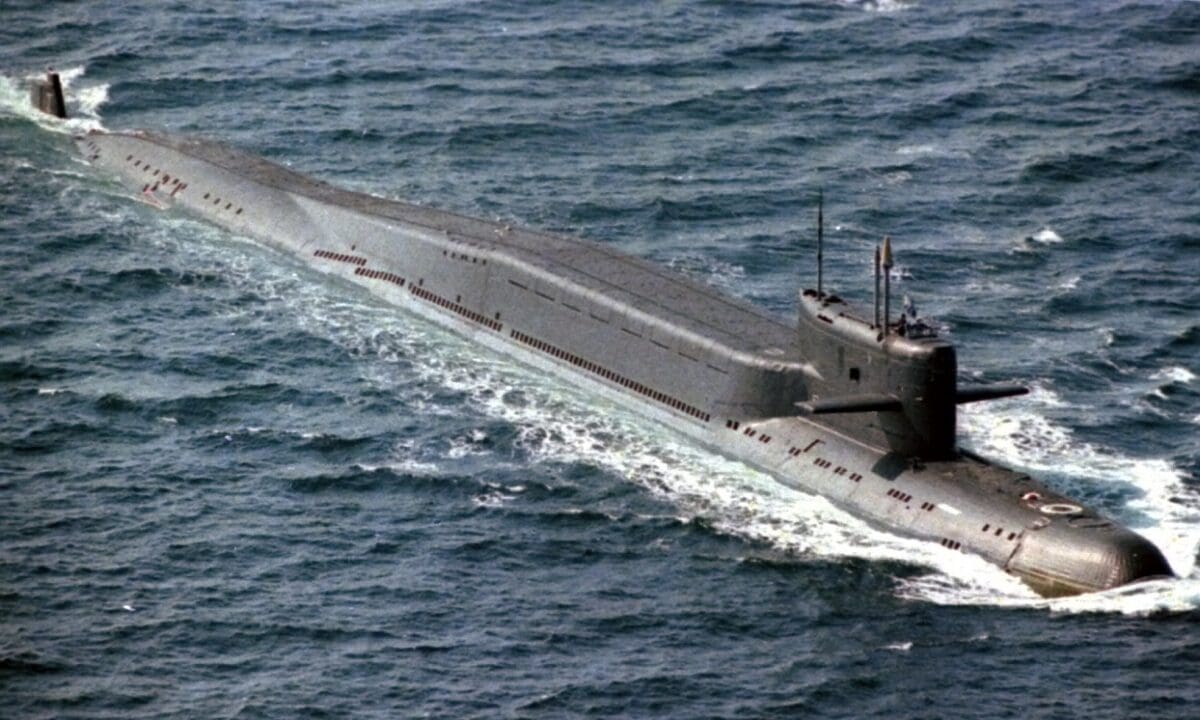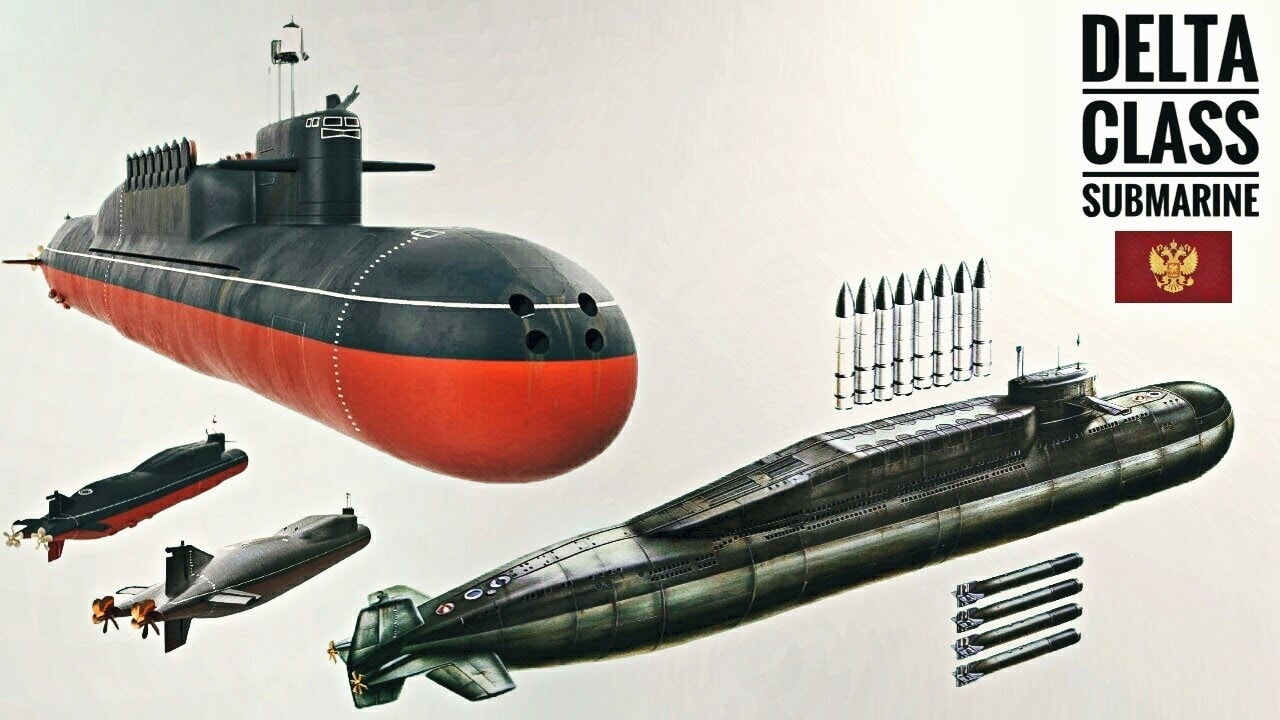The Russian navy still operates six Delta IV-class (Project 667B Murena) nuclear-armed ballistic missile submarines designed to secretly patrol dark corners of the undersea while holding the U.S. at risk of a catastrophic nuclear attack from the ocean.

Image: Creative Commons.
Delta IV: What We Know
The Delta IV carries the RSM-54 Makeyev missile (Nato designation: SS-N-23 Skiff), which is reported as a “three-stage liquid propellant ballistic missile” able to attack at ranges of 5,200 miles, according to unconfirmed reports. While there is not much reliable information on the composition or lethality of the RSM-54, it is believed to be possible that it can fire nuclear warheads on multiple-re-entry vehicles.
Also, much like the now-retired Typhoon-class submarines, the Delta IV submarines are engineered for ice-breaking missions in the Arctic Ocean and potentially hold U.S. targets at risk of nuclear destruction.
Nuclear missiles from the Arctic region could be used as a kind of “bolt-out-of-the-blue” massive salvo nuclear attack on the United States, with the idea being to disable any U.S. ability to respond or counter-strike. Should a number of Delta IV, nuclear-armed submarines launch simultaneous nuclear attacks from the Arctic region, weapons would not have as far to travel to hit the U.S. and Canada quickly.
Pentagon Preparation
This possibility is precisely why the Pentagon works to maintain a full nuclear triad, meaning land, air, and undersea options for a nuclear attack. This is the premise of strategic deterrence: should there be any nuclear attack on the U.S., the attacker would quickly be fully eliminated in a catastrophic retaliatory second strike. Therefore, should U.S. ground-based interceptors be unable to track and intercept a large incoming salvo of nuclear missiles, nuclear armed ballistic missile submarines conducting clandestine reconnaissance missions could guarantee complete annihilation of the attacker. This is kind of a paradox, as perhaps it is only through the promise of total catastrophe and destruction, that there can be the assurance of peace.
A significant 2017 Defense Intelligence Ballistic Missile Analysis Committee explains that Russia has upgraded its RSM-54 submarine-launched ballistic missiles to a Sineva variant with a vastly increased range listed at greater than 8,000 km.
The existence of Russia’s Yasen and Delta IV class nuclear-armed submarines likely informs part of the Pentagon rationale for prioritizing the development of the emerging Columbia-class nuclear-armed ballistic missile submarines.
MORE: ‘Americans Will Pay The Price’: One Democrat Is Angry At Joe Biden
MORE: Could Joe Biden Get Impeached?
Kris Osborn is the Military Affairs Editor of 19FortyFive and President of Warrior Maven – Center for Military Modernization. Osborn previously served at the Pentagon as a Highly Qualified Expert with the Office of the Assistant Secretary of the Army—Acquisition, Logistics & Technology. Osborn has also worked as an anchor and on-air military specialist at national TV networks. He has appeared as a guest military expert on Fox News, MSNBC, The Military Channel, and The History Channel. He also has a Masters Degree in Comparative Literature from Columbia University.

